detail profile j c3 b6rg foth
Peran Yang Di Mainkan Jörg Foth
 Actor Ernst Stein having abdicated from...
Actor Ernst Stein having abdicated from...Stein 1991
Actor Ernst Stein, having abdicated from the stage in 1968 in protest of the Soviet invasion of Czechoslovakia, has long since retreated from the world around him. In a remote house encircled by an overgrown garden, he lives in a world of dreams and memories. Suddenly, in 1989, an out-of-kilter society sends forth its progeny. Young people, tramps and characters of all sorts take refuge with Stein for a short span, carrying the turmoil of the times into his house.
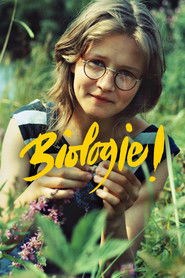 A small town shortly before the...
A small town shortly before the...Biology! 1990
A small town shortly before the end of the GDR: 15-year-old Ulla lives with her mother in a dilapidated old building where not even the electricity works properly. Economy of scarcity and national bankruptcy are visible everywhere. Only higher party comrades live in the lap of luxury. When Ulla meets Winfried after a summer bathing trip, the two fall in love. Winfried is the son of an influential general director and owns things from West Germany that others only dream of: a computer, a games console, a walkman. On an excursion with her biology class, the high school student discovers that a dacha is being built in the middle of the nature reserve and the creek has been dammed. Winfried's father turns out to be the culprit, but the mayor is on his side. Ulla rebels against this environmental destruction connected to political corruption and organizes a protest. Her activism not only endangers her own future, but also her first great love.
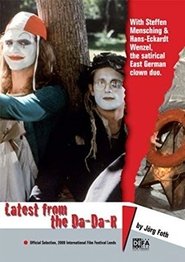 In a loose set of cabaret...
In a loose set of cabaret...Latest from the DaDaeR 1990
In a loose set of cabaret pieces, Steffen Mensching and Hans-Eckardt Wenzel - highly acclaimed East German poets, songwriters and clowns - satirize East German life in its final days and the arrival of new times after the fall of the Berlin Wall. The clowns are allowed to leave prison to sing for people outside. As they perform their pieces, however, the country sinks into rebellion, the prison is attacked and looted, and the people chase the clowns away. Latest from the Da-Da-R was the first film made by an artistic production group that had fought for independence within the structures of the state-owned DEFA film studio for years. "Da-Da-R" is a wordplay on the irreverent Dada art movement of the 1920s and the German acronym for East Germany- the DDR.
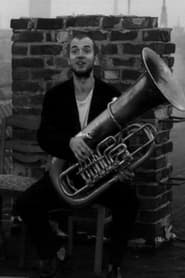 Two men sit on the top...
Two men sit on the top...Tuba wa duo 1989
Two men sit on the top of a roof, playing the tuba. They continually call out absurd messages making fun of official solutions and of their own slogans. The residents feel disturbed by the tuba's sound and start to attack the musicians, while they themselves keep on playing and shouting louder and louder. Finally the house is blasted and the tubas are destroyed.
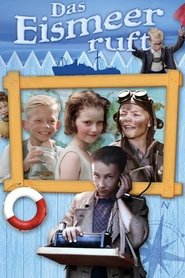 This childrens adventure movie is a...
This childrens adventure movie is a...The Arctic Is Calling 1984
This children's adventure movie is a charming tale of a group of youngsters in Prague who hear that Soviet sailors abandoned their failing ship in the Arctic Sea before it went down, but no one had been able to find the sailors yet. Inspired by the efforts to save the men, the youngsters strike out on their own to help in the rescue attempt.
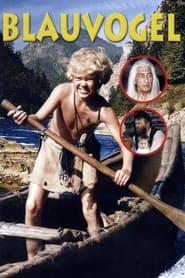 In the middle of the 18th...
In the middle of the 18th...Blue Bird 1979
In the middle of the 18th Century, the Ruster family immigrates to America. The father, a former farm laborer, leads a hard life as a settler along with his family. One day the nine year-old George, his second-youngest son, is kidnapped by Iroquois. He is taken in by an Indian family in the place of a deceased son and receives the name "Blue Bird." The boy has homesickness and difficulties accustoming to the customs of the Indians.

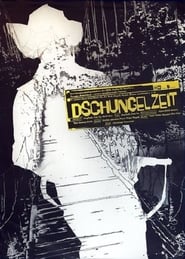 Defectors from Hitlers army join the...
Defectors from Hitlers army join the...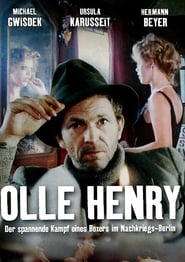 1945 Peace still bears the traces of...
1945 Peace still bears the traces of...